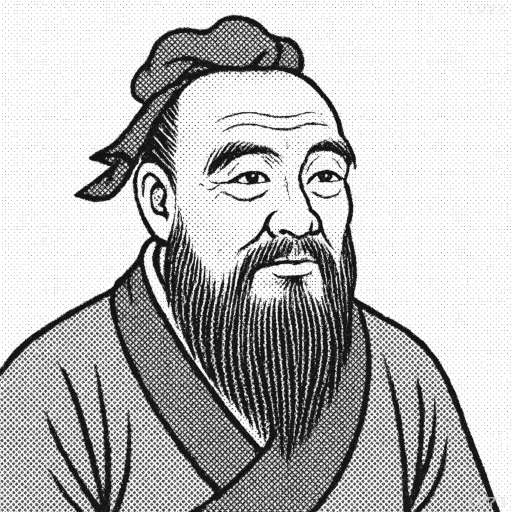“To be wronged is nothing unless you continue to remember it.”

- 551 BC – 479 BC
- Han ethnicity
- Philosopher, educator, politician
table of contents
Quote
“To be wronged is nothing unless you continue to remember it.”
Explanation
In this saying, Confucius highlights the power of forgiveness and the importance of letting go of past grievances. He suggests that being wronged or hurt holds no lasting impact unless we choose to dwell on it. By clinging to past injustices, we give them power over our present lives, allowing resentment to take root. For Confucius, true strength lies in the ability to move on, freeing ourselves from negative emotions and fostering inner peace.
This insight is especially relevant in today’s world, where holding onto grudges can negatively affect mental well-being and relationships. Replaying past hurts can create a cycle of resentment and prevent personal growth. For example, in personal relationships, focusing on past conflicts may keep individuals from building a positive future together. Likewise, in professional settings, harboring resentment toward colleagues can hinder teamwork and productivity. By choosing to let go, we reclaim our emotional balance and empower ourselves to live fully in the present.
Confucius’s words remind us that forgiveness and release are keys to personal freedom. By releasing past wrongs, we allow ourselves to move forward with clarity and positivity. This approach not only cultivates resilience but also strengthens our character, enabling us to focus on the present and live with greater compassion and peace of mind.
Would you like to share your impressions or related stories about this quote in the comments section?



